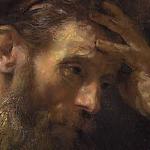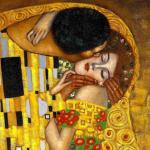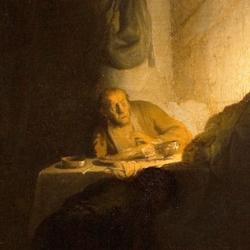Nathan Mitchell (writing in the Oxford History of Christian Worship, 324) denies that Zwingli taught a “mere symbolist” according to which the Supper “simply served to remind believers of the great benefits bestowed on them through Christ’s passion and death.” Zwingli wasn’t a symbolist “in any modern sense.”
Mitchell notes that Zwingli “affirmed, in language reminiscent of Calvin and Luther, that ‘the bread and wine become the body and blood of Christ to those who partake of them in faith.’ Such a statement hardly sounds like someone who considers the elements nothing more than ‘bare tokens.'”
He cites James White’s observation that “modern interpreters view Zwingli from the other side of the Enlightenment, during which the universe was radically ‘desacralized.’ Zwingli himself ‘worked within a sacralized universe [and] certainly believed in the presence and activity of God in that world. . . . The world of Zwingli saw God, far from being absent, as intervening in the midst of the worshipping congregation.”










